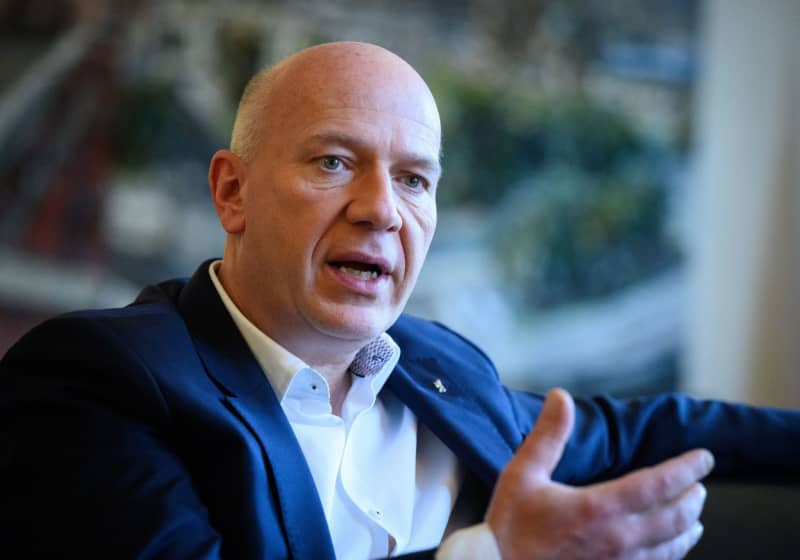Berlinale decision to disinvite far-right AfD stirs controversy

The Berlin International Film Festival has found itself in the midst of political controversy over its decision to withdraw invitations from local politicians with the far-right Alternative for Germany (AfD) party.
The festival's decision to withdraw the invites from the far-right politicians came after public outcry and international criticism.
In Berlin, it prompted a debate that has partly overshadowed the focus on upcoming films at the festival, widely known as the Berlinale.
Festival organizers wrote that many AfD politicians have views that are contrary and hostile to the fundamental values of democracy.
Hundreds of thousands of Germans have taken to the streets across the country in recent weeks to denounce the AfD and other far-right groups.
The wave of outrage follows revelations in news reports that AfD officials privately met with far-right extremists, including a prominent Austrian white supremacist, to discuss plans for forcing immigrants out of the country, including some with German passports.
Lawmakers in Berlin's local parliament are generally invited to the Berlinale opening event, which receives state funding. But news that the AfD members planned to attend the February 18 Berlinale opening drew sharp criticism.
The Berlinale's organizers eventually responded by yanking the invitations.
Berlin Mayor Kai Wegner, a member of the centre-right Christian Democrats (CDU), still supports protocols that would invite all politicians - including AfD members - to state-supported events.
But the Berlinale's decision to disinvite local AfD politicians would of course be respected, said a Berlin government spokeswoman, Christine Richter.
Berlin AfD leader Kristin Brinker criticized the dis-invitation on Friday, accusing the Berlinale of "bowing to the public pressure built up by cultural-political activists" who are seeking to label the AfD and its supporters as undesirables.
Brinker said she'd been invited to the Berlinale event in each of the past two years. She argued that excluding AfD politicians in the name of democracy was ironic.
"It marginalizes, stigmatizes and denies democratically elected representatives of the AfD the same rights that it grants to others," Brinker said.
But a spokeswoman from Germany's Culture Ministry defended the decision, saying that recent revelations about the AfD show how extreme some elements of the party are.
"It is understandable that filmmakers from Germany, Europe and the world are campaigning to ensure that racists and enemies of democracy have no place at the Berlinale," the spokeswoman said.

